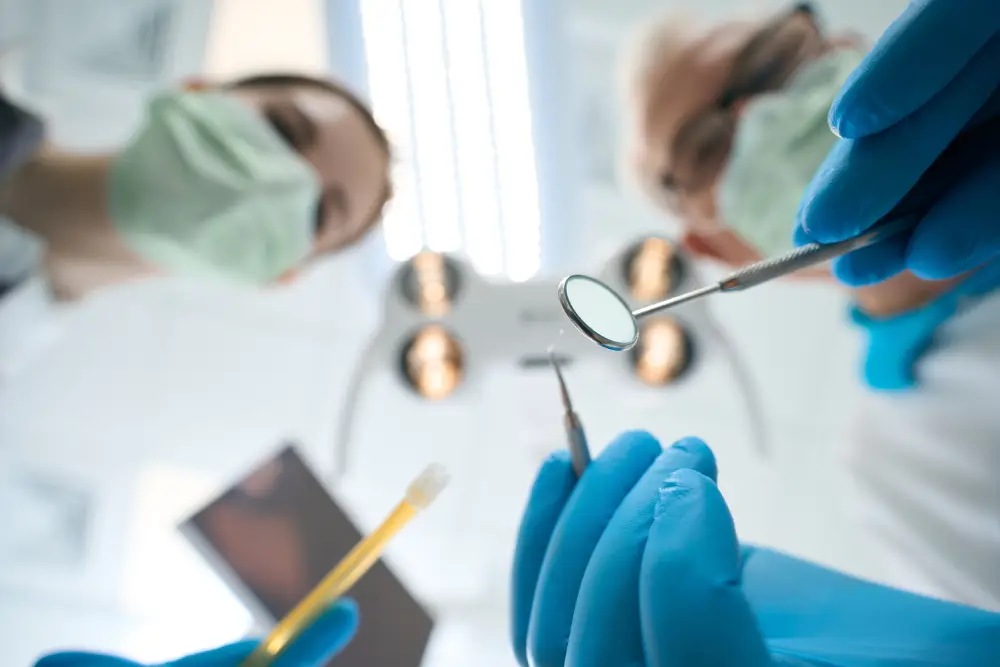
Wisdom teeth, the last set of molars, typically emerge during a person’s late teens or early twenties. While some individuals experience the eruption of wisdom teeth without any issues, a significant number face complications due to their lack of space in the jaw. Wisdom tooth extraction, a common dental surgical procedure, is often necessary to address these complications and maintain oral health.
Understanding Wisdom Teeth:
Wisdom teeth, also known as third molars, are the four permanent teeth located at the back corners of the upper and lower jaws. They typically emerge between the ages of 17 and 25, but their eruption can vary significantly among individuals.
Reasons for Wisdom Tooth Extraction:
Several factors can necessitate the extraction of wisdom teeth:
- Impacted Wisdom Teeth: Impacted wisdom teeth are those that are trapped within the jawbone, unable to erupt properly. This can cause pain, damage to adjacent teeth, and increased risk of infection.
- Overcrowding: The lack of adequate space in the jaw can lead to overcrowding, where wisdom teeth push against other teeth, causing misalignment and potential damage to the roots of nearby teeth.
- Infection and Inflammation: Partially erupted wisdom teeth can create pockets difficult to clean, increasing the likelihood of bacterial buildup, inflammation, and infection.
- Cyst Formation: In some cases, impacted wisdom teeth can cause cysts, fluid-filled sacs that can damage surrounding bone and tissue.
Wisdom Tooth Extraction Procedure:
Wisdom tooth extraction is typically performed under local anesthesia, but in some cases, general anesthesia may be necessary. The procedure involves:
- Incision: The dentist or oral surgeon will make an incision in the gum to expose the wisdom tooth.
- Bone Removal: In some cases, a small amount of bone may need to be removed to access the tooth.
- Tooth Extraction: Using specialized tools, the tooth is carefully extracted from its socket.
- Stitching: The incision is closed with stitches to promote healing.
Post-Operative Care:
Following wisdom tooth extraction, proper care is essential for optimal healing and recovery. This includes:
- Pain Management: Pain medication may be prescribed to manage discomfort and swelling.
- Dietary Restrictions: Avoid hard foods that require excessive chewing to prevent further irritation.
- Oral Hygiene: Maintain proper oral hygiene by gently brushing and rinsing the area around the extraction site.
- Follow-Up Appointments: Schedule follow-up appointments with the dentist or oral surgeon to monitor healing and address any complications.
Conclusion:
Wisdom tooth extraction is a common and safe dental procedure, often necessary to prevent future dental problems. Consulting with a qualified dentist or oral surgeon is crucial to determine if wisdom tooth extraction is appropriate and to receive personalized guidance for the procedure and post-operative care.
